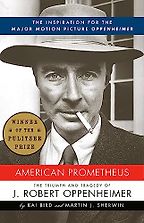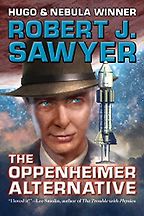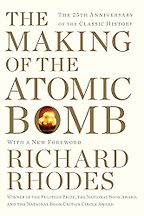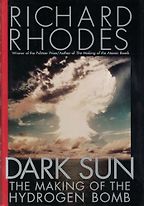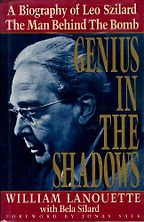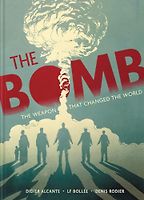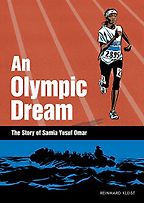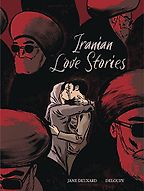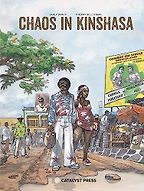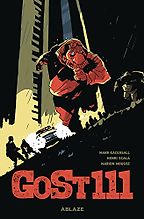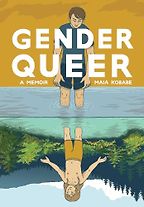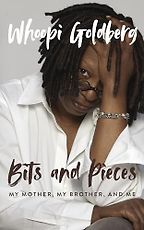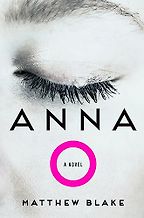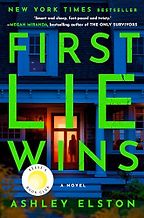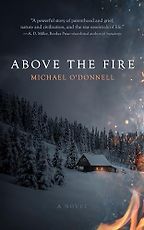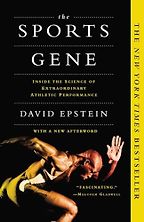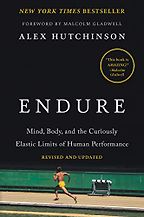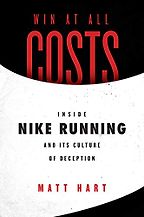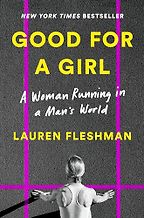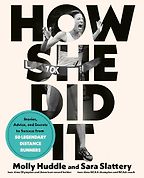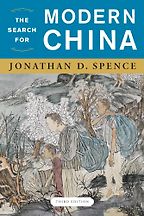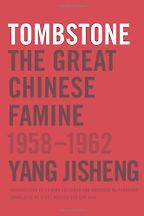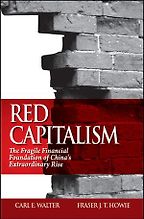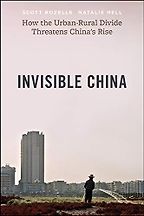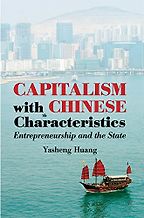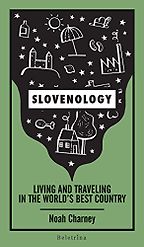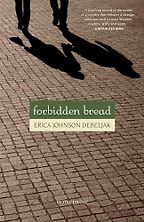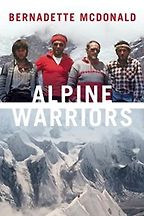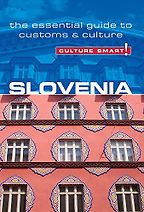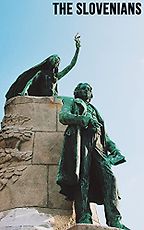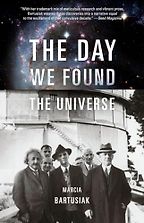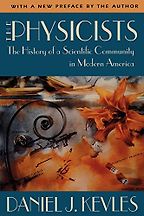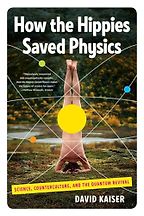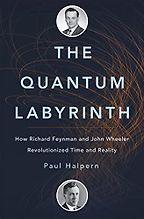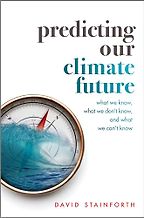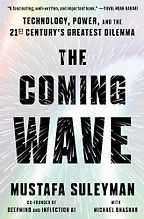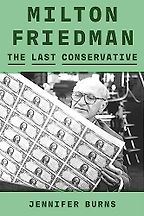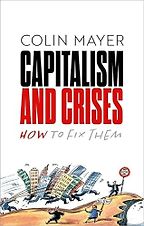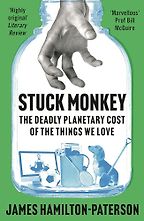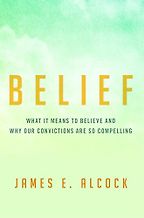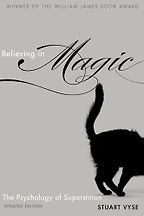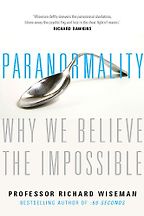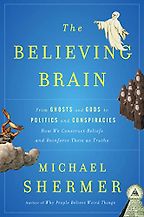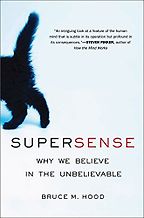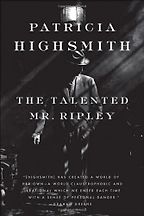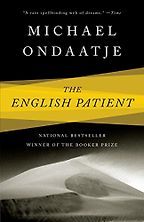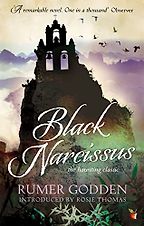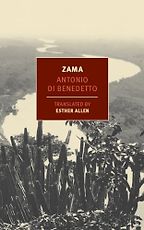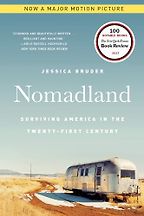Interviewer

Sophie Roell, Editor
Sophie Roell is co-founder and editor of Five Books. Previously she worked as a journalist in London, Beijing, Shanghai and New York. As a financial reporter, she covered the early years of the Chinese stock markets and the transition of its economy after Deng Xiaoping’s 1992 tour of the south. She wrote about the North Korean economy from Pyongyang in 2001.
She studied modern history as an undergraduate at Oxford and, after travelling the world as a reporter for five years, took the Master’s in Regional Studies-East Asia at Harvard University. This wonderfully flexible program insists on at least one East Asian language and some courses on East Asia, but leaves plenty of room to roam about the university taking courses on random subjects. Five Books, set up in 2009, is an attempt to continue that experience.
Below, you’ll find Sophie’s Five Books interviews with experts. Her own recommendations, normally nonfiction, are here. She also reads a lot of mysteries.
Interviews by Sophie Roell
-

1
American Prometheus: The Triumph and Tragedy of J. Robert Oppenheimer
by Kai Bird & Martin Sherwin -

2
The Oppenheimer Alternative
by Robert J. Sawyer -

3
The Making of the Atomic Bomb
by Richard Rhodes -

4
Dark Sun: The Making of the Hydrogen Bomb
by Richard Rhodes -

5
Genius in the Shadows: A Biography of Leo Szilard, the Man Behind the Bomb
by William Lanouette & with Bela Silard
Books about J Robert Oppenheimer (to Read After the Movie), recommended by Mark Wolverton
Books about J Robert Oppenheimer (to Read After the Movie), recommended by Mark Wolverton
It’s not often that a movie about something we know a lot about lives up to expectations, but when it came to the Oppenheimer movie, science writer Mark Wolverton—who has read almost every book he could find about the making of the atomic bomb—was impressed. As a bonus to his interview (on the history of physics), he shared some recommendations of books to read for others who enjoyed it, including a sci-fi novel in which Oppenheimer’s life takes a different turn.
-

1
The Bomb: The Weapon That Changed the World
by Didier Alcante, Laurent-Frédéric Bollée and Denis Rodier (illustrator) -

2
An Olympic Dream: The Story of Samia Yusuf Omar
by Reinhard Kleist -

3
Iranian Love Stories
by Jane Deuxard and Deloupy (illustrator) -

4
Chaos in Kinshasa
by Barly Baruti (illustrator) & Thierry Bellefroid -

5
GoSt 111
by Henri Scala, Marion Mousse (illustrator) & Mark Eacersall
Five Graphic Novels People Need to Read, recommended by Ivanka Hahnenberger
Five Graphic Novels People Need to Read, recommended by Ivanka Hahnenberger
Comics are a great way to read all sorts of stories, whether fiction, nonfiction, or a compelling blend of the two. Ivanka Hahnenberger, translator of more than 70 graphic novels, talks us through some of her favourites, from the history of the atomic bomb to the heartbreaking story of Olympic athlete Samia Yusuf Oman, from the ‘Rumble in the Jungle’ to contemporary Iran and Paris.
The Best Audiobooks of 2024 (so far), recommended by Michele Cobb
For an engrossing read, it doesn’t get much better than a good audiobook. Michele Cobb, publisher of AudioFile magazine, shares her favourite new audiobooks from the first half of 2024—from engaging memoirs narrated by their authors, to dark psychological thrillers and a post-apocalyptic novel set in New Hampshire.
-

1
The Sports Gene: Inside the Science of Extraordinary Athletic Performance
by David Epstein -

2
Endure: Mind, Body, and the Curiously Elastic Limits of Human Performance
by Alex Hutchinson -

3
Win at All Costs: Inside Nike Running and Its Culture of Deception
by Matt Hart -

4
Good for a Girl: A Woman Running in a Man's World
by Lauren Fleshman -

5
How She Did It: Stories, Advice, and Secrets to Success from Fifty Legendary Distance Runners
by Molly Huddle & Sara Slattery
The best books on Running, recommended by Sabrina Little
The best books on Running, recommended by Sabrina Little
Success in running could be narrowly defined in terms of performance or more broadly as part of leading a good life, argues runner and ethics professor Sabrina Little. She recommends some of her favourite books on running, from the role models that inspired her to tales of what not to do.
Books to Change the Way You Think About China, recommended by Anne Stevenson-Yang
It’s important to understand what goes on beneath the surface in China, and how people feel and react, says Anne Stevenson-Yang, who spent many decades living and working there. She recommends books to better understand the country, from its imperial history to the economic take-off of the last four decades.
The best books on Slovenia, recommended by Sam Baldwin
Slovenia has the organised, modern infrastructure of Western Europe, the laid-back lifestyle of Southern Europe, and a generous seasoning of Balkan spice—as well as a Mediterranean coastline with hot summers, Alpine mountains with snowy winters, Tuscany-like terraced vineyards, and caves like Lord of the Rings, says British writer Sam Baldwin. He recommends books to get to know the country he fell in love with and now lives in.
-

1
The Day We Found the Universe
by Marcia Bartusiak -

2
The Physicists: The History of a Scientific Community in Modern America
by Daniel Kevles -

3
The Making of the Atomic Bomb
by Richard Rhodes -

4
How the Hippies Saved Physics: Science, Counterculture, and the Quantum Revival
by David Kaiser -

5
The Quantum Labyrinth: How Richard Feynman and John Wheeler Revolutionized Time and Reality
by Paul Halpern
The best books on The History of Physics, recommended by Mark Wolverton
The best books on The History of Physics, recommended by Mark Wolverton
In the 20th century, the United States emerged as a leading centre of experimental physics, with a lot more going on than just the Manhattan project and the use of atomic energy in warfare. Science writer Mark Wolverton, author of Splinters of Infinity, recommends some of his favourite books about the history of physics, with a focus on the 20th century and the United States. (For books about classical physics, browse all our physics book recommendations).
-

1
Predicting Our Climate Future: What We Know, What We Don't Know, And What We Can't Know
by David Stainforth -

2
The Coming Wave: Technology, Power, and the Twenty-first Century's Greatest Dilemma
by Michael Bhaskar & Mustafa Suleyman -

3
Milton Friedman: The Last Conservative
by Jennifer Burns -

4
Capitalism and Crises: How to Fix Them
by Colin Mayer -

5
Stuck Monkey: The Deadly Planetary Cost of the Things We Love
by James Hamilton-Paterson
The best books on Economics and the Environment, recommended by Dieter Helm
The best books on Economics and the Environment, recommended by Dieter Helm
If you want to take an economy that’s wholly dependent on fossil fuels and turn it into a low-carbon one it’s going to be expensive, says economist Dieter Helm—and the sooner we face up to that reality the better. He recommends books to help us think through the relationship between economics and the environment, including one that really shines a spotlight on our own, individual behaviour.
-

1
Belief: What It Means to Believe and Why Our Convictions Are So Compelling
by James Alcock -

2
Believing in Magic: The Psychology of Superstition
by Stuart Vyse -

3
Paranormality: Why We See What Isn't There
by Richard Wiseman -

4
The Believing Brain: From Ghosts and Gods to Politics and Conspiracies—How We Construct Beliefs and Reinforce Them as Truths
by Michael Shermer -

5
Supersense: Why We Believe in the Unbelievable
by Bruce Hood
The best books on Paranormal Beliefs, recommended by Christopher French
The best books on Paranormal Beliefs, recommended by Christopher French
Far from being outlandish, a belief in the paranormal appears to be a trait that many human beings share. Christopher French, Head of the Anomalistic Psychology Research Unit in the Psychology Department at Goldsmiths and author of The Science of Weird Shit, recommends five books that explore the paranormal—from a skeptical point of view.
The Best Book-to-Movie Adaptations, recommended by Peter Markham
Both books and movies seek to tell compelling stories, but they do so in different ways. Peter Markham, both a director and a long-time teacher of directing at the American Film Institute, talks us through five of his favourite book-to-movie adaptations—and what they reveal about successfully bringing a book to the screen.
